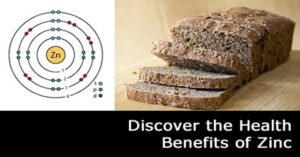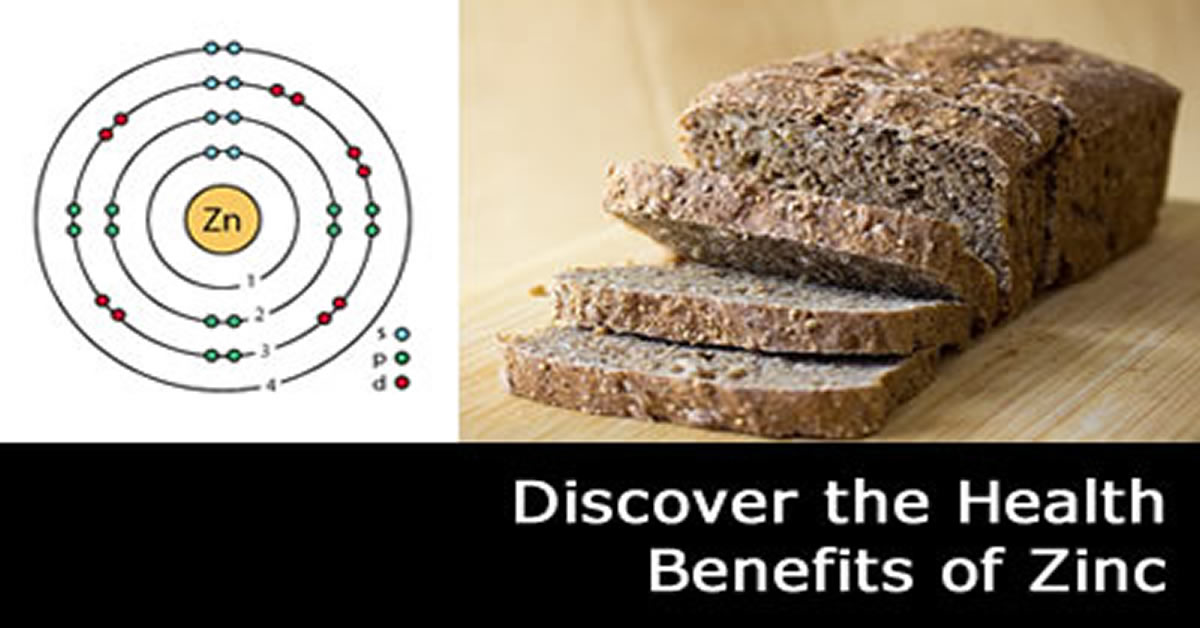Zinc: Exploring Its Importance, Benefits, and Safety in Immune Health
Introduction
Zinc is an essential mineral that plays a vital role in numerous biological processes within the human body. While its significance spans across various aspects of health, this article will focus on its importance, benefits, and safety concerning immune health, aligning with your interest in immune-boosting properties and safety considerations.
 The Significance of Zinc: Zinc is involved in a myriad of biochemical processes, including DNA synthesis, cell division, and enzyme function. It is also crucial for maintaining the structural integrity of proteins and cell membranes. However, its relevance to immune health is particularly noteworthy.
The Significance of Zinc: Zinc is involved in a myriad of biochemical processes, including DNA synthesis, cell division, and enzyme function. It is also crucial for maintaining the structural integrity of proteins and cell membranes. However, its relevance to immune health is particularly noteworthy.
Immune System Function: Zinc is a key player in the normal development and function of immune cells, such as natural killer cells[i], and T lymphocytes[ii]. These cells are responsible for identifying and combating pathogens like bacteria and viruses.
Antioxidant Properties: Zinc serves as a cofactor for various antioxidant enzymes, helping to protect cells from oxidative damage. This is significant because oxidative stress can weaken the immune system[iii].
Inflammatory Response: Zinc plays a role in regulating the body’s inflammatory response. It helps maintain a balanced immune response, preventing excessive inflammation that can harm tissues[iv].
Wound Healing: Zinc is essential for proper wound healing, a process closely linked to immune function. It supports the proliferation of skin cells and the formation of new blood vessels at the site of injury[v].
Immune-Boosting Benefits of Zinc;
- Reducing the Duration of Colds: Zinc has been studied for its potential to reduce the duration and severity of the common cold. It may interfere with the replication of cold-causing viruses in the respiratory tract[vi].
- Enhancing Immune Cell Function: Zinc supplementation has been shown to enhance the activity of immune cells, particularly T cells and natural killer cells, which play crucial roles in defense against infections.
- Respiratory Infections: Zinc lozenges or syrup, when taken at the onset of a respiratory infection, may help alleviate symptoms and speed up recovery[vii].
- Immune Support in Elderly: Older adults are often at greater risk of zinc deficiency. Supplementing with zinc may help support their immune function[viii].
Effectiveness of Zinc for Immune Health
While zinc’s immune-boosting potential is promising, its effectiveness depends on various factors:
- Timing and Dosage: Zinc may be most effective when taken at the onset of an illness. The optimal dosage can vary depending on the individual and the specific health condition.
- Zinc Sources: Zinc is available in various forms, including zinc gluconate, zinc acetate, and zinc sulfate. Some forms may be more effective for certain purposes, such as reducing the duration of a cold.
- Individual Variability: Response to zinc supplementation can vary among individuals. Some people may experience significant benefits, while others may not respond as effectively.
How to Incorporate Zinc for Immune Health
- Dietary Sources: Incorporate zinc-rich foods into your diet, such as lean meats, poultry, seafood, beans, nuts, and whole grains.
- Supplements: If you have a zinc deficiency or are at risk of one, consider zinc supplements. It’s advisable to consult with a healthcare provider to determine the appropriate dosage.
- Balanced Nutrition: Maintaining a well-balanced diet that includes a variety of nutrients, including zinc, is essential for overall immune health.
Conclusion
Zinc is a vital mineral that plays a crucial role in immune health, among other functions in the body. While it offers potential benefits for boosting the immune system and fighting off infections, it’s important to use it judiciously and in consultation with a healthcare provider when necessary. A balanced diet, rich in zinc-containing foods, can contribute significantly to maintaining optimal immune function and overall well-being.
[i] Muzzioli M, Stecconi R, Donnini A, Re F, Provinciali M. Zinc improves the development of human CD34+ cell progenitors towards Natural Killer cells and induces the expression of GATA-3 transcription factor. Int J Biochem Cell Biol. 2007;39(5):955-65. doi: 10.1016/j.biocel.2007.01.011. Epub 2007 Jan 20. PMID: 17306601.
[ii] Hönscheid A, Rink L, Haase H. T-lymphocytes: a target for stimulatory and inhibitory effects of zinc ions. Endocr Metab Immune Disord Drug Targets. 2009 Jun;9(2):132-44. doi: 10.2174/187153009788452390. PMID: 19519463.
[iii] Powell SR. The antioxidant properties of zinc. J Nutr. 2000 May;130(5S Suppl):1447S-54S. doi: 10.1093/jn/130.5.1447S. PMID: 10801958.
[iv] Wong CP, Rinaldi NA, Ho E. Zinc deficiency enhanced inflammatory response by increasing immune cell activation and inducing IL6 promoter demethylation. Mol Nutr Food Res. 2015 May;59(5):991-9. doi: 10.1002/mnfr.201400761. Epub 2015 Mar 17. PMID: 25656040; PMCID: PMC4425307.
[v] Kogan S, Sood A, Garnick MS. Zinc and Wound Healing: A Review of Zinc Physiology and Clinical Applications. Wounds. 2017 Apr;29(4):102-106. PMID: 28448263.
[vi] Singh M, Das RR. Zinc for the common cold. Cochrane Database Syst Rev. 2013 Jun 18;(6):CD001364. doi: 10.1002/14651858.CD001364.pub4. Update in: Cochrane Database Syst Rev. 2015;(4):CD001364. PMID: 23775705.
[vii] Arentz S, Hunter J, Yang G, Goldenberg J, Beardsley J, Myers SP, Mertz D, Leeder S. Zinc for the prevention and treatment of SARS-CoV-2 and other acute viral respiratory infections: a rapid review. Adv Integr Med. 2020 Dec;7(4):252-260. doi: 10.1016/j.aimed.2020.07.009. Epub 2020 Aug 1. PMID: 32837895; PMCID: PMC7395818.
[viii] Prasad AS, Beck FW, Bao B, Fitzgerald JT, Snell DC, Steinberg JD, Cardozo LJ. Zinc supplementation decreases incidence of infections in the elderly: effect of zinc on generation of cytokines and oxidative stress. Am J Clin Nutr. 2007 Mar;85(3):837-44. doi: 10.1093/ajcn/85.3.837. PMID: 17344507.

